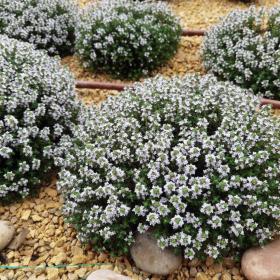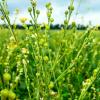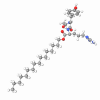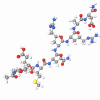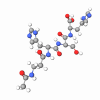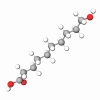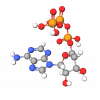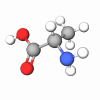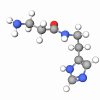Thyme (Thymus Vulgaris) is a bushy flowering plant native to the Mediterranean basin, Caucasus, and Balkan countries. The name Thymus seems to derive from the ancient Egyptian "tham" or "them," which in Egypt designated a species of thyme used to wash corpses and for fumigation. This became the Greek Thymus, which means courage, and the Latin Thymus. Thyme is referred to as medication from Galen and Pliny.
It is widely used in food preparations for its organoleptic qualities and digestive effect. In addition, thyme has several pharmacological properties: it is used for asthma, colds, and headaches. The essential oil is obtained by steam distillation of the flowering parts.
Thanks to the presence of p-Cymene and thymol, Thyme essential oil is a potent antibacterial and antimycotic. In particular, it can be used for the cosmeceutical treatment of acne for its remarkable activity towards P. acnes and also for genital infections (candidiasis). The essential oil and particularly flavonoids contained in it protect from radical-induced damage.
Moreover, thanks to its purifying, tonic, and protecting properties, this essential oil can be incorporated into hygiene and skin care products such as shower gels, shampoo, deodorant, body lotions, and oral care products. In an in vitro study, thymol has demonstrated that it can inhibit the enzyme hyaluronidase, responsible for hyaluronic acid degradation. As a result, the oil is suitable for antiaging products with hydrating, smoothing, and rejuvenating effects.